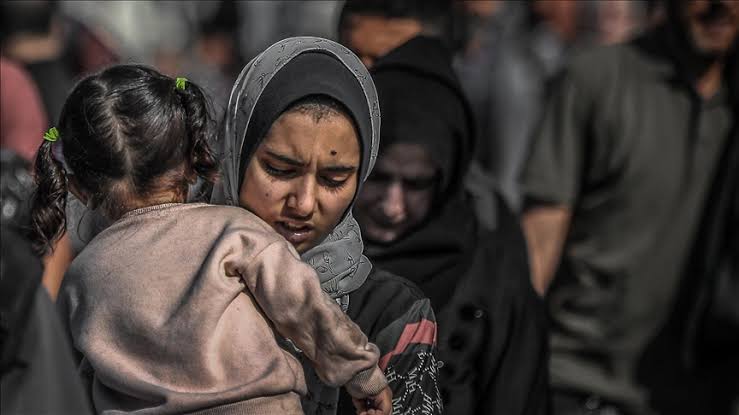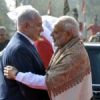
In Gaza, amid the ruins of war and a deepening humanitarian crisis, a disturbing pattern of exploitation has emerged. Several women have come forward saying they were coerced into sexual relationships by men who promised food, money, or job opportunities in return. The stories, first revealed by an Associated Press investigation, shed light on how desperation has left many women vulnerable to abuse and manipulation.
The women, speaking anonymously out of fear and social stigma, described being contacted by men who presented themselves as aid workers or individuals with influence in relief distribution. They were told that if they agreed to certain “conditions,” they would receive food parcels, financial help, or short-term employment with humanitarian agencies. Some women said they were invited to offices or apartments under the pretext of job interviews or aid registration, only to be pressured for sex. One mother of six recounted being lured with a promise of a six-month job contract, only to find herself in a room where the man asked her to remove her headscarf. Out of fear and hunger, she complied. Later she was handed a small box of food and a little cash, but the promised job never came.
Others said that during the registration process for humanitarian assistance, they were contacted privately and subjected to sexual advances. When they refused, their access to aid was suddenly cut off. Several victims mentioned that the men involved claimed to work with or for major international organizations, with one reportedly using a vehicle marked with United Nations symbols. In some cases, the approaches were overt, while in others the exploitation was disguised through proposals of “temporary marriage.”
Aid agencies operating in Gaza have condemned such acts and reaffirmed their zero-tolerance policies toward sexual exploitation and abuse. The Protection from Sexual Exploitation and Abuse (PSEA) network, which monitors these issues across aid groups, has received 18 formal complaints in Gaza over the past year. However, experts believe that the true number of victims is much higher, as social stigma, fear of retaliation, and a lack of accessible reporting systems keep most women silent. Many victims said they did not trust that any complaint would lead to justice. One woman said she approached the UN agency for Palestinian refugees, UNRWA, but was told she needed to provide proof such as recordings—something impossible for her given her limited resources.
The humanitarian situation in Gaza has made such exploitation more likely. After months of bombings and blockades, food and medicine are scarce, and unemployment has soared. With most families dependent on humanitarian aid, even a small offer of assistance can become a powerful tool for coercion. Psychologists and local women’s groups say they have seen a rise in cases of sexual exploitation since the escalation of the conflict. Before the war, reports of such abuse were rare, but now, as desperation deepens, the boundaries of dignity and survival are being tested every day.
Aid groups say they are working to improve safeguards, but critics argue that the measures are not enough. Many call for independent monitoring of aid distribution, better protection and support for survivors, and stronger accountability mechanisms for aid workers and local intermediaries. UNRWA said it continues to investigate all allegations seriously and that it remains committed to its policy of zero tolerance, but survivors and advocates insist that without structural reform, these abuses will persist.
The accounts emerging from Gaza are a painful reminder of how war magnifies human suffering. When food becomes a bargaining chip and safety a privilege, exploitation finds space to thrive. For the women who spoke out, their voices serve as a warning—and a plea—for the world to ensure that the promise of humanitarian aid never becomes a weapon of abuse.






আপনার মতামত জানানঃ